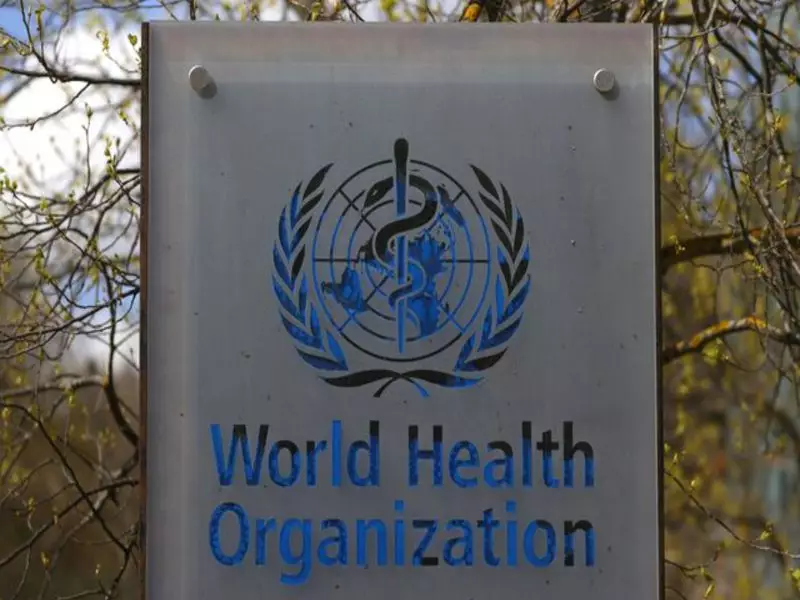
In a critical wake-up call to global health authorities, the World Health Organization has emphasized the urgent need for collective, cross-sectoral action to address growing health threats emerging from the human-animal-environment interface.
Marking World One Health Day, WHO experts revealed a startling statistic: approximately 60% of emerging infectious diseases that infect humans originate from animals, with climate change and environmental degradation accelerating this transmission.
The Interconnected Health Crisis
The concept of 'One Health' recognizes that human health is intrinsically linked to the health of animals and our shared environment. From COVID-19 to Ebola and avian influenza, recent pandemics have demonstrated how quickly diseases can jump between species and spread globally.
Key challenges identified by WHO include:
- Rapid urbanization encroaching on wildlife habitats
- Climate change altering disease patterns and vector distribution
- Antimicrobial resistance spreading through environmental contamination
- Intensive farming practices creating disease hotspots
A Call for Unified Action
WHO officials stressed that no single sector or discipline can address these complex challenges alone. The solution requires unprecedented collaboration between:
- Human health professionals - doctors, nurses, and public health experts
- Veterinary scientists - monitoring animal health and disease transmission
- Environmental specialists - tracking ecosystem changes and pollution impacts
- Policy makers - creating integrated health policies across sectors
"The time for siloed approaches is over," emphasized a senior WHO representative. "We must break down barriers between human medicine, veterinary science, and environmental protection to build a healthier, safer world for all species."
Building Resilience for Future Generations
The WHO's urgent appeal comes as evidence mounts that environmental destruction and climate change are creating ideal conditions for new pathogens to emerge and spread. Deforestation, wildlife trade, and industrial agriculture are increasingly bringing humans into contact with previously isolated animal populations and their diseases.
Implementing the One Health approach requires significant investment in surveillance systems, research collaboration, and policy coordination. However, experts agree that the cost of prevention is far lower than the economic and human toll of pandemic response.
As World One Health Day highlights, our collective future depends on recognizing that human health, animal welfare, and environmental sustainability are not separate concerns but interconnected pillars of global security.






